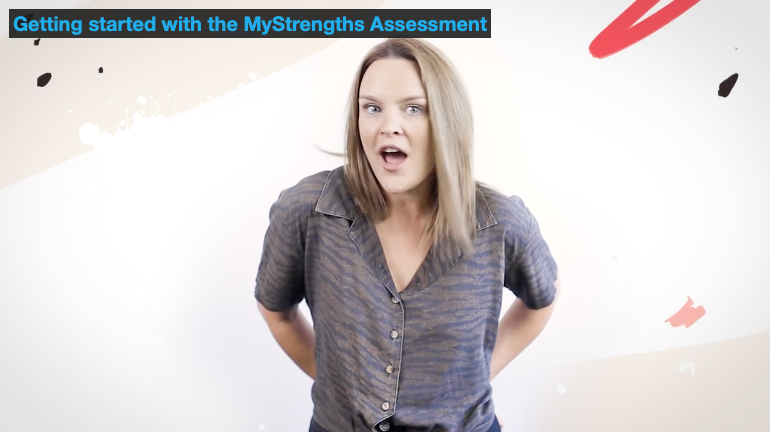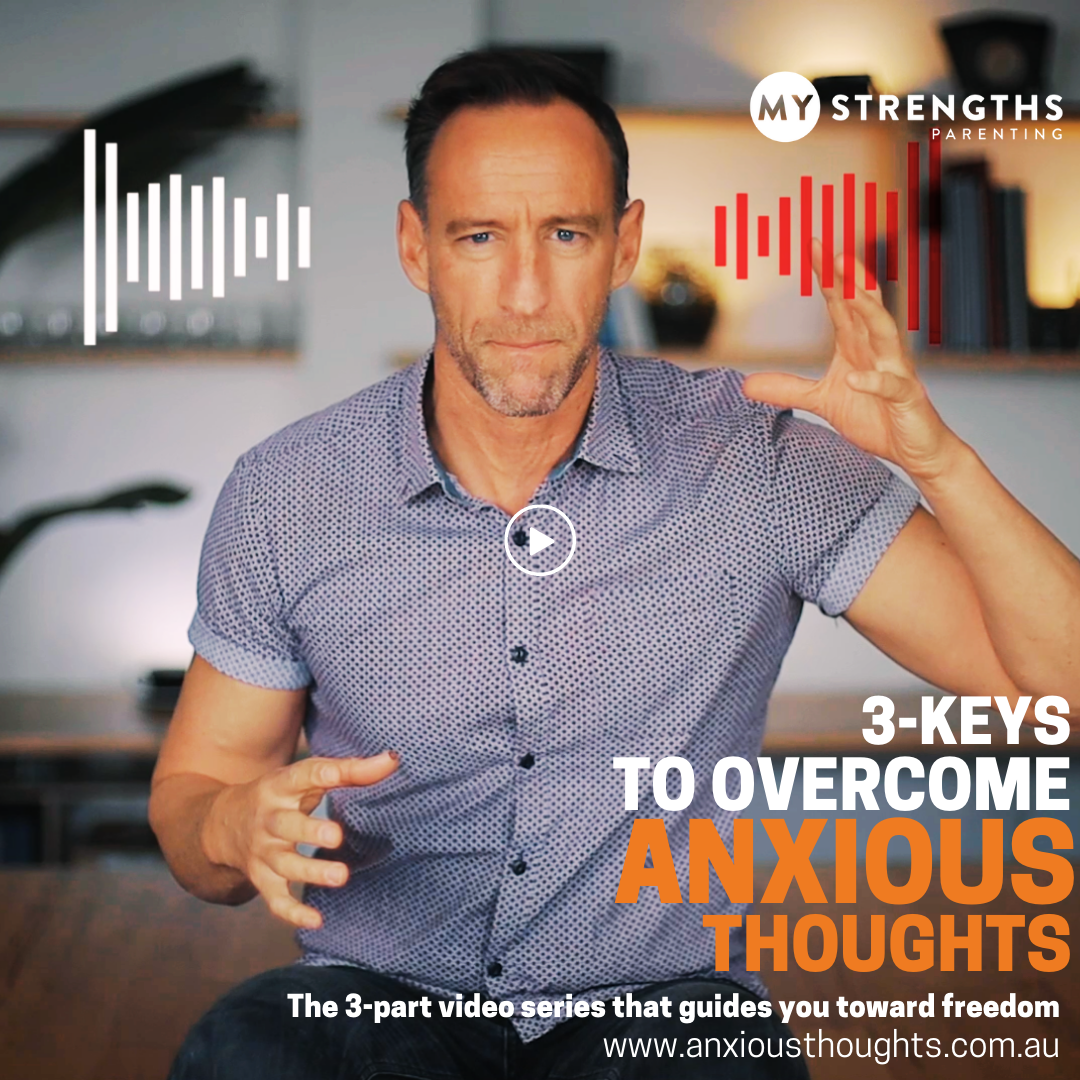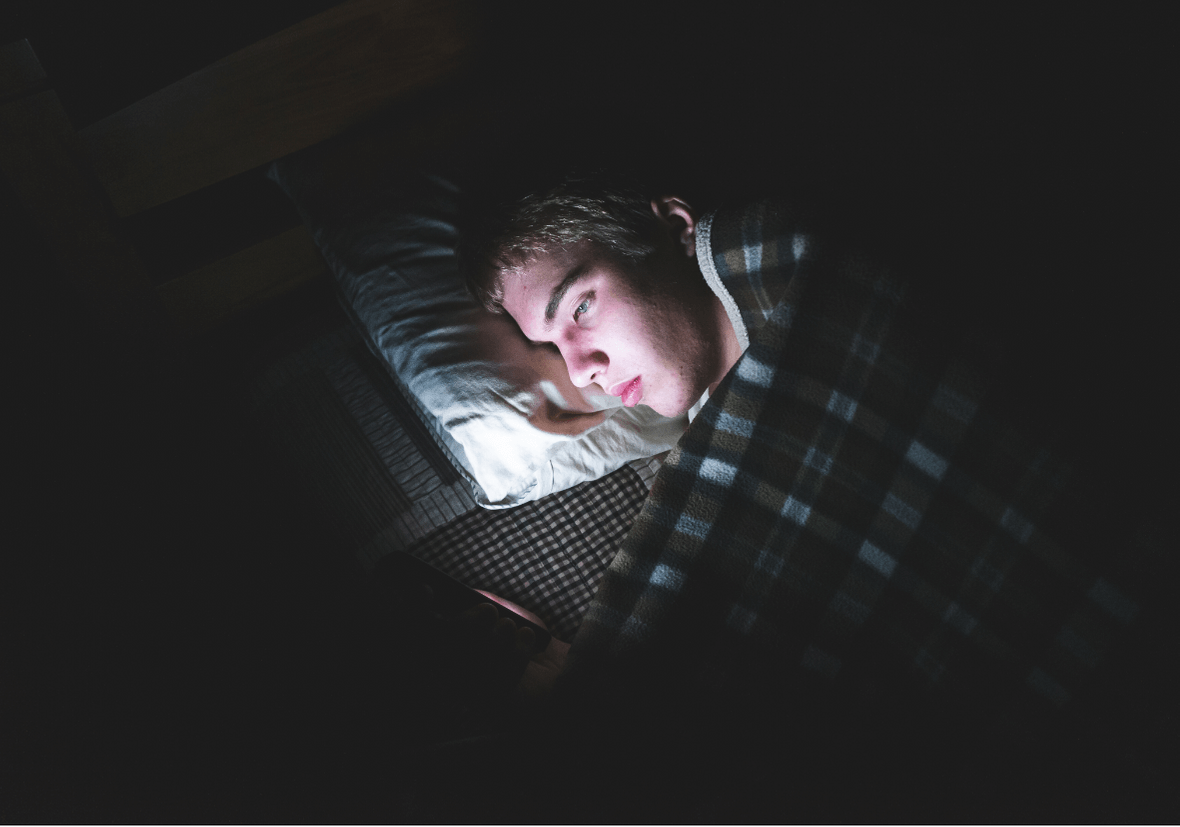Hi there! We’re here talking teen issues with some experts who are invested in teens thriving and flourishing.
Our interview today is with MyStrengths founder, Dan Hardie, and how a scary encounter became a defining moment in his therapy and practice with teens.
MS: Tell us about that Thursday night
Dan: I was coming home late and pretty tired. I didn’t want to disturb the neighbourhood so as I pulled into the shared driveway, I turned off the radio, and shut the door quietly. Our house is located across a creek and along a little pathway that brings access to 5-6 homes. It’s a bit dark and scary, but we like it. I noticed that all lights were off in every home including ours. Little ones tucked in; mums getting rest before the next shift; tradies getting a few zzz’s before an early start. I was deliberately quiet.
Then suddenly, right in front of me was a dark shadow sitting on the bench seat beside the path! Whoa. It was a hooded character whose unexpected presence scared the daylights out of me. He was in the dark with the hood pulled over his head, oversized DC shoes and, hang on, is that a bong in hand?
MS: Shivers! So that would have been pretty scary.
Dan: Yeah for sure. At first, it was fear at an unknown person just 2 metres away. A shock. Then the adrenaline kicked in and it became a protective kind of anger where I’m thinking, “this person is making my neighbourhood feel less safe and secure – for me and my children! He could be anyone – and probably dangerous!” From my perspective, he was unwelcome and I wanted him gone.
MS: So what did you do?
Dan: I’m not a very confrontational person, but I think the adrenaline forced some words out of my mouth. I said pretty forcefully,
“Hey, what’s going on? What are you doing here?”
The young fella, barely 15 years old, nearly fell off the seat in a startled fright. I don’t think he had noticed me quietly walking up the path, and he instantly jumped to his feet and said, “Oh, sorry man, I’ll leave, I’ll leave.”
He was probably more scared than me. His voice was trembling and ready to run.
I realised something must have been wrong for this young guy to be out so late, doping up on whatever weed he could pull together. The fear was gone from me now, so I just said to him,
It’s OK. You can stay. It’s pretty late – are you ok?
I asked him if I could sit. He offered me a cone, but I gently declined.
MS: hahahah… He offered you a cone?
Dan: Yeah, he was just nervous and maybe felt a bit busted. He just said, “oh, you want some?” hahaha… Pretty funny. We sat for a few moments, and then this young fella opened up to me. He told me that right now, his Dad is packing his bags and finally leaving home after Mum told him that this was the final straw. No more abuse. No more yelling. No more swearing. No more lies. She had finally stood up to him and kicked him out.
The kid decided to take a walk as the situation was overwhelming. He was happy that dad was leaving; but sad that the family was falling apart. He felt unsure about the future and just needed a smoke.
We talked for quite a while, maybe 15 minutes or so. I didn’t have any wise words or brilliant ideas – just offered him some encouragement and told him to hang in there. But the young fella said something that will stay with me…
“Hey thanks heaps man. It really helped just to talk. I don’t really have anyone to talk to.”
MS: Sounds like an important moment…
I won’t pretend it changed his world. But it kinda changed mine. It made me wonder how many young guys are out there trying to cope with the pressures of life, just getting through the daily battles, the challenges of home, family, friends, school, puberty – and not really having anyone to talk to.
I realised that in my counselling practice, I spend way too much time giving advice and trying to be helpful, when most of these young guys just want someone who will listen, understand, encourage them and see their potential. We’ve been doing some research and found that the #1 complaint of teenagers is that “no one wants to listen or understand me”.
MS: Really? That’s their #1 complaint?
It makes sense. All day, teens are receiving direction and instruction.
“Clean your room. Do your homework. Turn to page 76. Stop talking. Pay attention. Get out of bed. Brush your teeth.”
Very rarely are they applauded for having an opinion, making a decision, sharing their heart. Even when they share something that is going wrong, we adults are quick to give a solution that they must do. Giving them solutions can seem like we’re being helpful, but standing in their shoes it just feels disempowering and dismissive. Think about it: are they telling us their problem because they couldn’t think of the answer, or they just want a listening ear!?
- “Well, if you’re having a problem in class, go and tell the teacher”. OK, thanks mum.
- “You should go up to that bully and give them one right on the chin”. Oh, I never thought of that. Thanks Dad.
- “You need to get a job. Then you can fix that screen and you don’t have to be so upset about breaking it”. Uh huh.
- “The first step for you would be to start exercising”. I would never thought of that, counsellor Dan. Wow, did you come up with that yourself?
Even in helping them, we often stifle their development and stop them coming up with their own solutions. And this young guy tells me straight…
“I don’t have anyone to talk to. No one wants to listen to me.”
MS: Sounds like an important lesson.
Years ago, I read Steven Covey’s “7 Habits of Highly Effective People”, it’s still one of my favourite books. One of the habits is to “Seek first to understand, before being understood”. I thought of it as a bit of an ideal, something we should certainly strive for but I never really put it into practice.
After that night, I decided that I want to work really hard on changing my initial reaction to people. I realise that I get annoyed, irritated or angry by what others are doing and rarely stop to consider what might be happening for them.
- I do this in the car when another driver is going slow and being annoying – only to realise they are looking for a house number or trying to find a park.
- I do this with students, when they are being loud or looking for attention, only to find out there’s a reason behind it.
- I even do it with my wife and family where I react to how they make me feel, and fail to consider theirs.
Advice to self: Try listening first. Consider what others might be going through. When we stop to imagine what someone else is going through, our annoyance is quickly replaced with empathy and compassion, leading us to be better parents, teachers, therapists and people.








